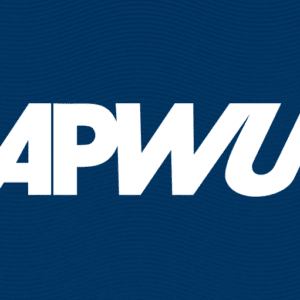March 3, 2010
Union Rejects USPS Call For Five-Day Delivery, New Business Model
APWU President William Burrus condemned USPS proposals to reduce mail delivery to five days per week, saying, “It would be the beginning of the demise of the Postal Service.” The USPS outlined the five-day delivery plan and other proposals at a conference March 2.
“The assertion that the Postal Service must initiate major changes in its business plan to survive a grave crisis is false,” he said. “It masks the central cause of USPS financial difficulties: the congressionally-imposed requirement to pre-pay retiree healthcare obligations.
“Absent this crippling financial burden, the Postal Service would have experienced a cumulative surplus of $3.7 billion over the last three fiscal years, despite declining mail volume, an economy in chaos, and electronic diversion,” the union president noted.
“The USPS has achieved unprecedented savings through productivity increases, a series of cost-cutting initiatives, and sacrifices by workers,” he said. More than 100,000 jobs have been eliminated through attrition over the last two-and-a-half years, Burrus pointed out, and workers have begun paying an increased share of health insurance premiums.
“The requirement to pre-fund retiree healthcare payments would shift more than $75 billion from postal rate-payers to the federal budget over a 10-year period, at a rate of more than $5 billion per year,” Burrus said. “This requirement is undermining the Postal Service.” The pre-payment obligation is a provision of the Postal Accountability and Enhancement Act (PAEA), which Congress approved in December 2006. No other federal agency bears this burden.
“Postal management has intensified its financial problems by offering excessive worksharing discounts to major mailers and by subcontracting work at exorbitant costs,” Burrus said. Worksharing discounts are given to mailers that pre-sort and pre-barcode their mail, he said, but the discounts exceed the costs the Postal Service avoids when the work is performed by mailers. “Subcontracting is another important source of waste and inefficiency,” he noted.
“We call for a thorough investigation by the Office of the Inspector General into the expanding role of subcontracting and the inflated costs associated with them,” he said.
“Furthermore, we reject any effort to pollute the collective bargaining process with threats of draconian work-rule changes.” Contract negotiations will begin in August.



